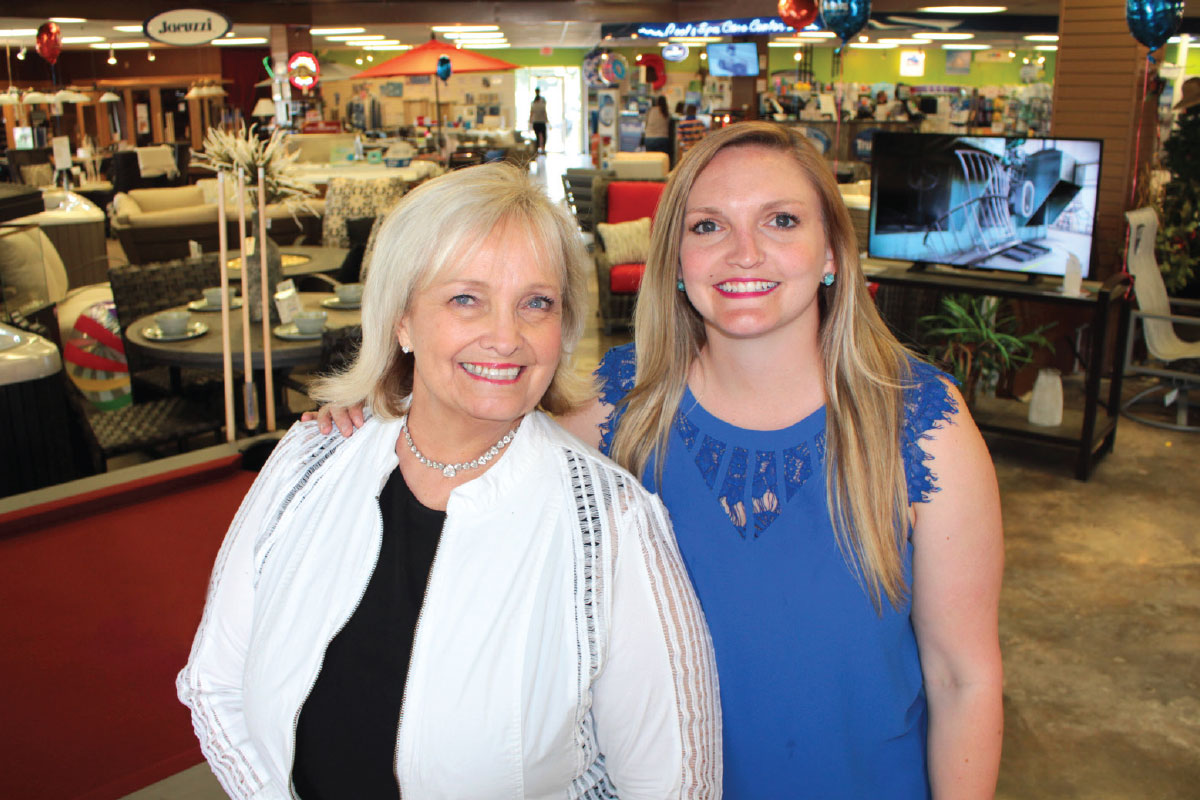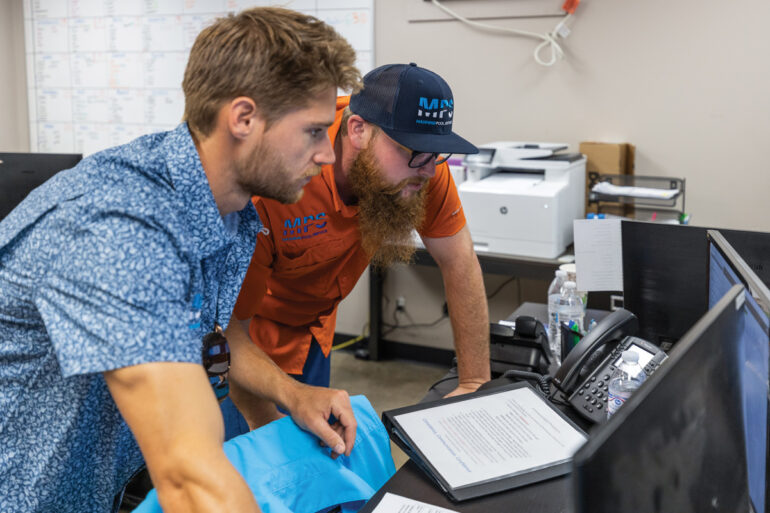J-1: Is the Popular Seasonal Work Visa Program in Peril?

In Virginia, pools didn’t open on schedule this Memorial Day and waterparks are bracing for a shorter season.[1] Pools in Maine were still reeling from lifeguard shortages in the middle of June.[2] In Minnesota, labor shortages are stifling businesses.[3]
These examples represent the anxieties facing businesses and organizations across the country, all of which have two things in common. They all depend on seasonal labor to survive, and they’re feeling the impact from recent restrictions to the popular J-1 visa program.
J-1: Where American Pools Find Their Summer Lifeguards
Few sectors of the American economy rely more heavily on seasonal labor than the swimming pools and aquatics industry. Memorial Day Weekend signals the starting gun of the busy summer season, which runs through Labor Day.
In between, pools need an army of seasonal lifeguards.
The problem is, the high school and college kids who always served as America’s traditional pool of cheap summer help are still in school when the season starts and back in school before the season ends.
To fill the void, pool managers turned to a reliable, convenient alternative called J-1, a work/study visa program that sends foreign students to the United States to fill seasonal positions that America’s youth can’t or won’t accept.
“The program has become a become a pretty important fixture for this industry,” says Carl Chidlow, a Washington, D.C.-based lobbyist working with the Association of Pool and Spa Professionals in defense of J-1.
J-1 is popular, necessary and efficient. The problem is, it deals with immigrant labor, and immigrant labor is a political landmine.
An Old Program Meets a New Political Reality
The Trump administration proposed sweeping changes to the program as part of the president’s promise to be tough on immigrant labor in support of American businesses. Political posturing, however, ignores the reality that J-1 isn’t like other work visa programs.
The APSP, which hired Chidlow as part of an advocacy coalition it formed in March, insists that J-1 is not about giving American jobs to foreign workers, but only serves to fill a gaping seasonal void.
“The industry aggressively tries to recruit American employees on college campuses and at high school job fairs,” Chidlow says. “But there’s just very limited interest.”
Not only is the country’s expanding academic calendar chewing into both ends of summer, but cultural changes have rendered once-desireable lifeguarding positions unsuitable for today’s youth.
“American students are being encouraged by their parents, career counselors and guidance counselors to seek internships and take office jobs,” Chidlow says. “The emphasis is on suit-and-tie business jobs, not old-school summer jobs like lifeguarding. Lifeguarding is seen as wasting your summer.”
What the Changes Would Mean for the Future of J-1
The proposed changes to the J-1 program include:
- Stricter vetting of applicants.
- Stricter screening of host employers.
- An end to the practice of accepting public input.
- A rule that forbids one-guard pools from filling the post with J-1 labor.
- New video-interviewing requirements, which would essentially be impossible for most pool managers to conduct across the world and its many time zones.
According to Chidlow, J-1, which was originally designed as a cultural youth exchange program, was swept up in the larger discussion about foreign labor.
“The president was talking about immigration with a broad brush,” Chidlow says. “And now there’s extra scrutiny on all the visa categories.”
Chidlow says he was already looking toward 2018, as he didn’t think the changes would affect the 2017 season. The reality, however, is that reports from all over the country indicate that organizations are already having a harder time staffing their pools with J-1 labor.
“We’re asking the administration, if you’re going to make any changes, please don’t do them in the dark,” Chidlow says. “Ask the business community about any reforms that might take place. These are the folks who hire, place and supervise these jobholders. Let’s do this with an eye toward how this will affect downstream businesses. If there are concerns about enforcement, or about workers returning home when the season ends, the industry, particularly the APSP, would work collaboratively with the administration. We just want a seat at the table.”
[1] http://www.your4state.com/news/virginia/pools-close-amusement-parks-anticipate-issues-as-visa-program-flounders/729251616
[2] http://wgme.com/news/local/maine-still-dealing-with-lifeguard-shortage
[3] http://www.pineandlakes.com/news/business/4283545-worker-shortage-grows-number-internationals-restricted




